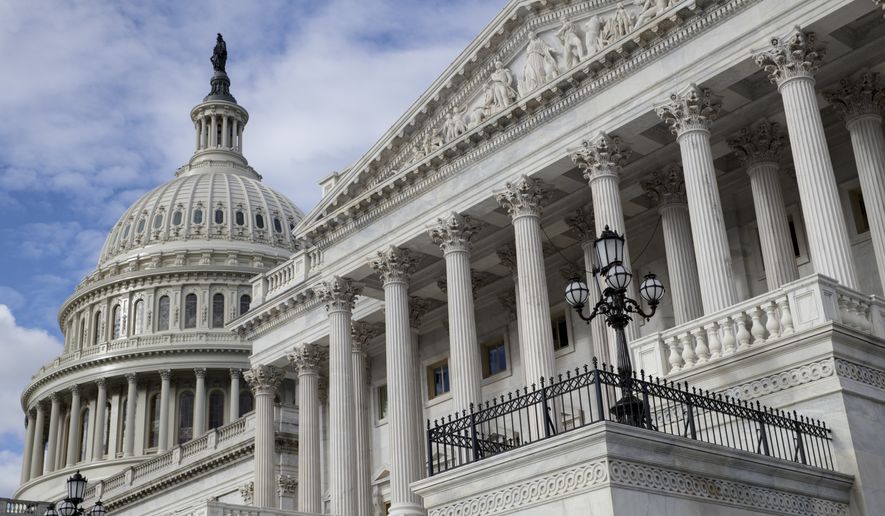Congress’s brief surge in popularity didn’t last long.
After leaping to 28 percent approval in February, Capitol Hill has sunk back to 20 percent in the latest Gallup survey as voters quickly soured on lawmakers.
The biggest change has been among self-identified Republicans who gave Congress a 50-percent approval rating after President Trump’s inauguration, but have now dropped to 31 percent after watching their party bungle the Obamacare repeal and fail to notch any other big legislative wins.
“To see a drop so quickly of [Republican approval] within their own party is not normal,” said Jeff Horwitt, senior vice president at Hart Research, which does polling for Democratic groups as well as media outlets.
He said if Republicans cannot follow through on a high-profile campaign promise such as repealing Obamacare, they’ll lose even more ground.
Matt Dallek, associate professor at George Washington University’s Graduate School of Political Management, said it’s “hard to see how the numbers go up if Congress is not able to enact Trump’s agenda.”
He said Democrats will have a built-in negative view of the GOP-led Congress, so if Republicans want to change things they’ll have to convince their own voters, and independents, that they’re making progress.
Republican pollster Ed Goeas, president and CEO of the Tarrance Group, said there may not be a reason to care about low approval.
“Congressional approval numbers have been rock bottom for over a decade,” said Mr. Goeas, adding that it hasn’t “seen any movement at all.”
Mr. Goeas also said Congress’ numbers aren’t tied to passing bills, but rather to getting big things done. Until voters see Washington solving their problems, neither Congress nor the president will see much change in their numbers.
“Trump and Washington as a whole are in the same position,” said Mr. Goeas.
The overall drop off is steeper than after former President Obama’s first inauguration.
In 2009, Congress had a 19 percent approval rating before Mr. Obama was inaugurated. With his initial 68 percent approval rating upon entering office, Congress’ numbers also shot up, reaching 39 percent within two months.
Mr. Obama’s numbers stayed in the 60 percent margin for most of his first term while Congress spent those years bouncing between the teens and 20s.
Like Mr. Trump, Mr. Obama enjoyed a Congress controlled by his own party when he first took office.
So, too, did President George W. Bush. Congress saw a small jump in approval in 2001, but hovered at about the 50 percent range until the Sept. 11 terrorist attacks, which sent Capitol Hill’s approval rating over 80 percent.
• Sally Persons can be reached at spersons@washingtontimes.com.




Please read our comment policy before commenting.